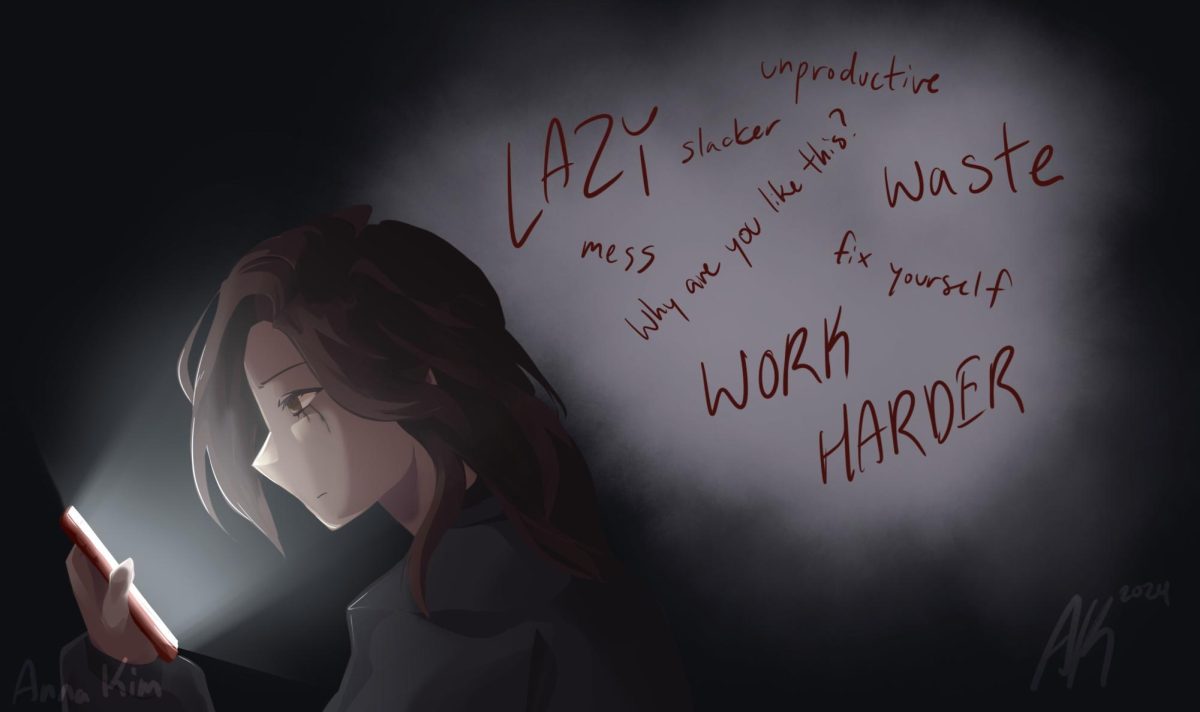Notification—Are you still watching?
It’s already 3:00 a.m., and instead of getting rest, you find yourself binging Netflix. You’re not alone in this struggle. The term for this phenomenon is often referred to as ‘revenge bedtime procrastination’—sacrificing sleep to reclaim free time lost during the day.
Although revenge bedtime procrastination is especially apparent in today’s culture with the rise of quick dopamine hits such as TikTok or Instagram Reels, it’s far from sustainable. The phenomenon stems from a lack of control of free time during the day.
As for students, revenge bedtime procrastination compensates for a long school day, sports, homework, and making time to spend with family. Everybody wants free time to themselves, but sacrificing sleep isn’t the way to do it.
According to a study published in the International Journal of Environmental Research and Public Health, sleep procrastination was categorized into two types—bedtime procrastination and while-in-bed procrastination. The names describe it well.
Bedtime procrastination consisted of acts that delayed going to bed, such as studying, late-night snacking, or playing video games. While-in-bed procrastination consisted of acts such as doom-scrolling on social media, watching TV, mind-wandering, or overthinking. Whether you’re guilty of one or both types of sleep procrastination, the result will be the same—a lack of sleep.
Counselors and teachers at TJ continuously emphasize how important sleep is, and for a good reason. In the study, sleep deprivation that affected 45% of students was linked to side effects such as lower grades, worsened mental health, and increased vulnerability to various health conditions such as obesity.
Luckily, you don’t need to stay in the bedtime trap. I’m most affected by bedtime procrastination—delaying getting into bed. I would usually be on track to get to bed on time. Suddenly, I’d distract myself with something and end up going to bed at 1 a.m. What helped me overcome revenge bedtime procrastination was setting a designated “wind-down” time to begin getting ready for bed.
Stanford Student Affairs recommends addressing other parts of your life where you procrastinate to free up daylight hours and reduce the need to compensate later in the night. If you stick to the time and are willing to drop everything to sleep, you’ll find yourself going to bed much more consistently, and sleeping better.
It isn’t realistic to completely get rid of revenge bedtime procrastination. Working to tackle the problem at its root and striving to get at least eight hours of sleep will help you so much more in the long term than that one extra episode of your favorite show.

